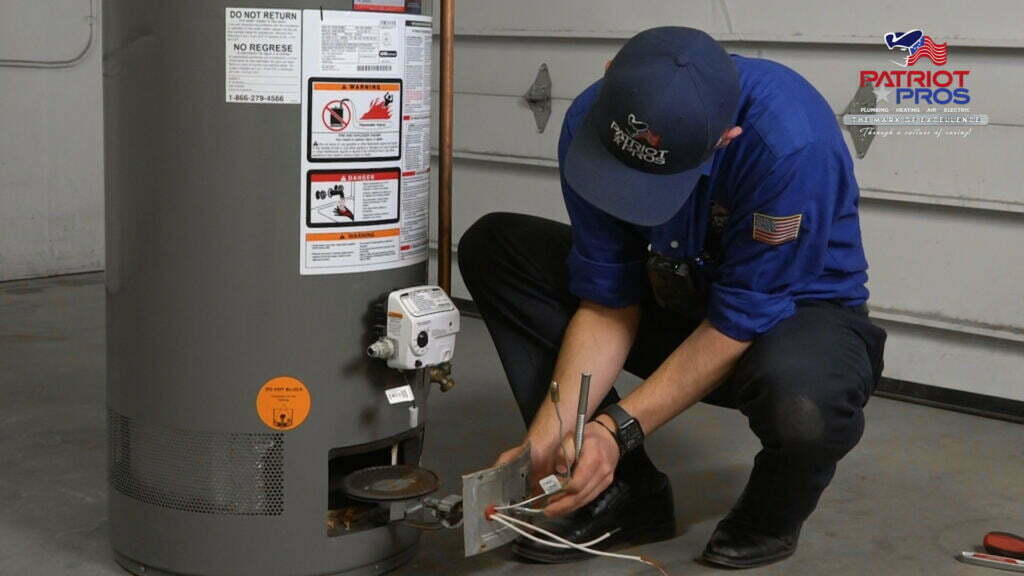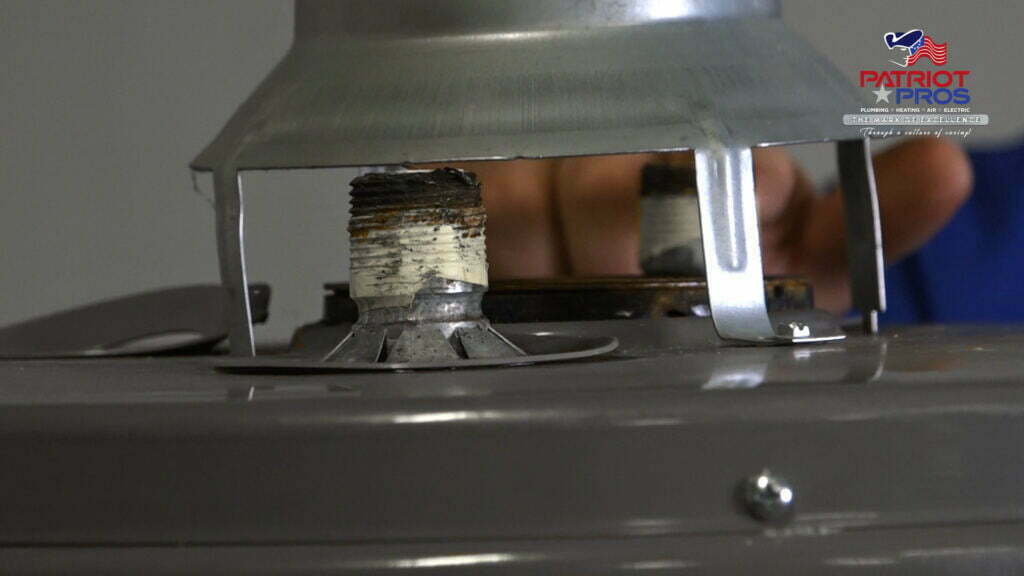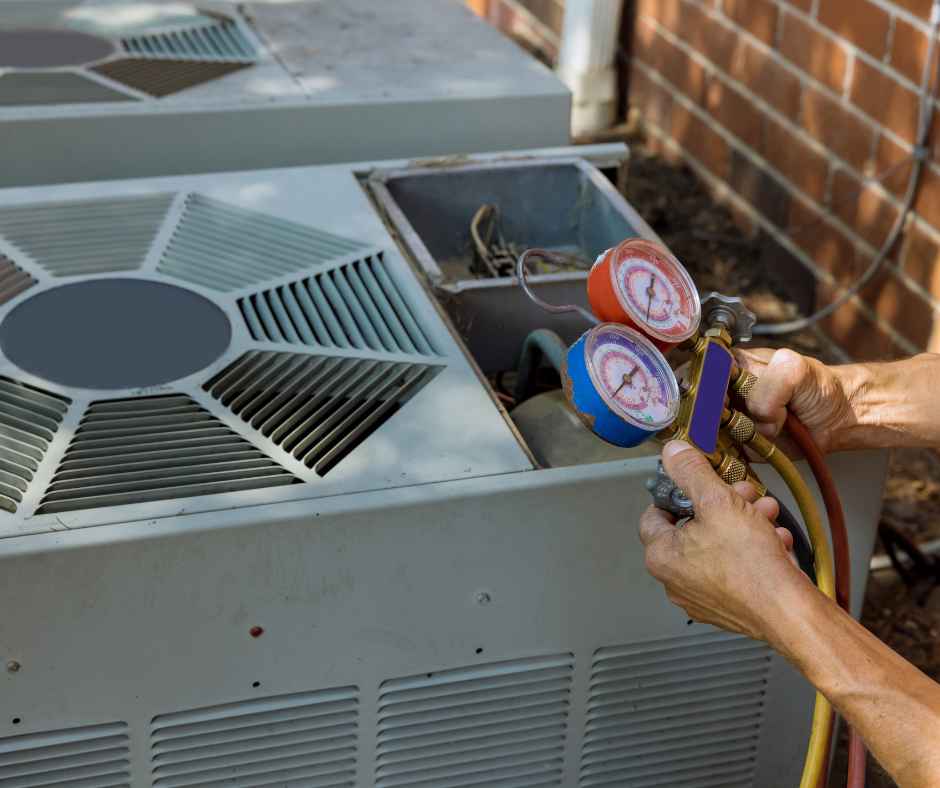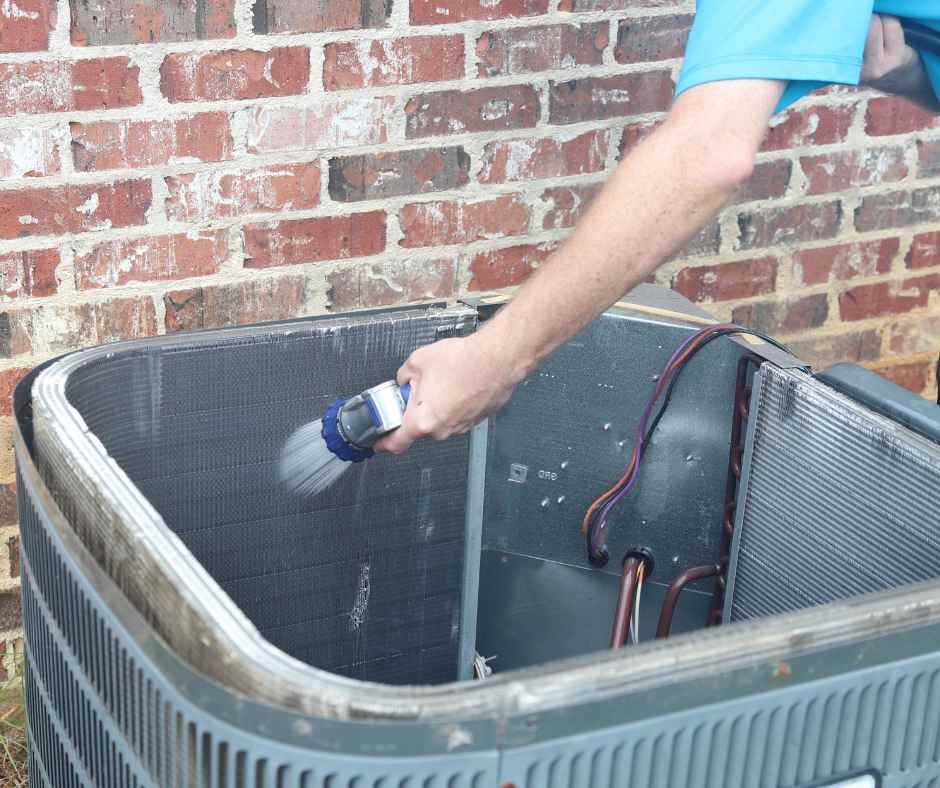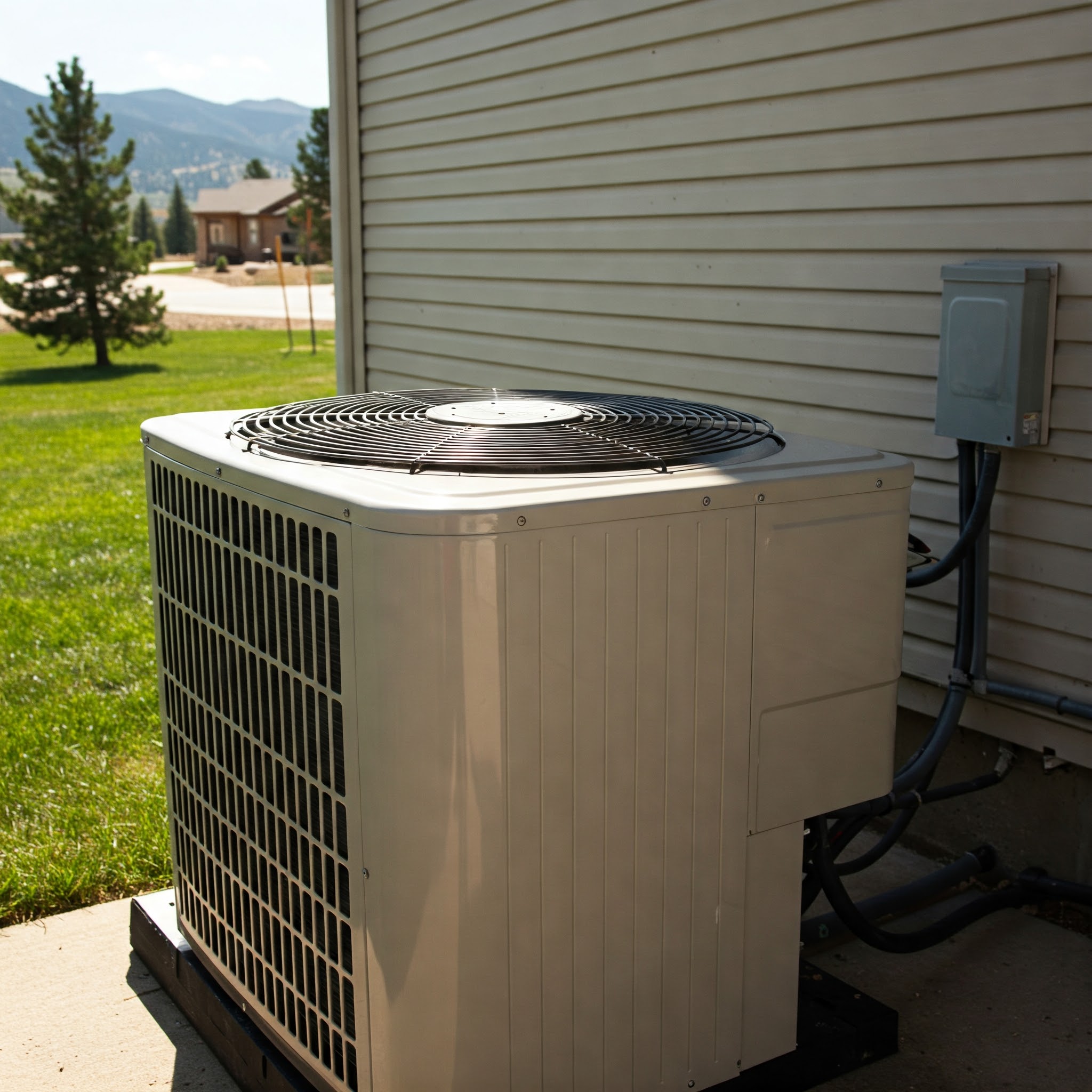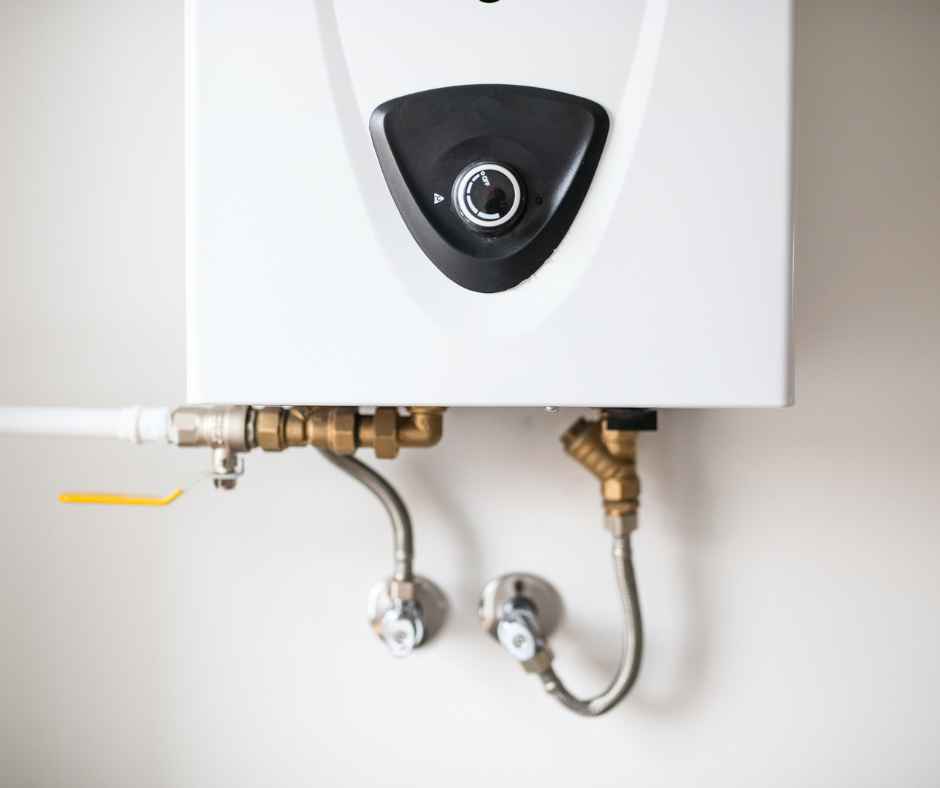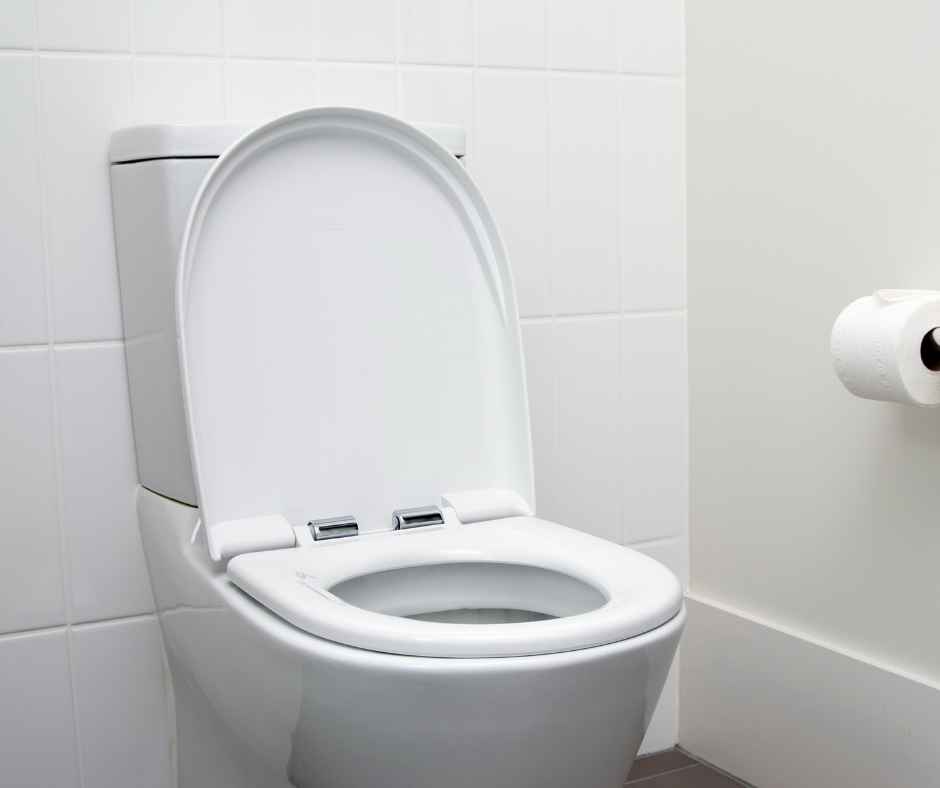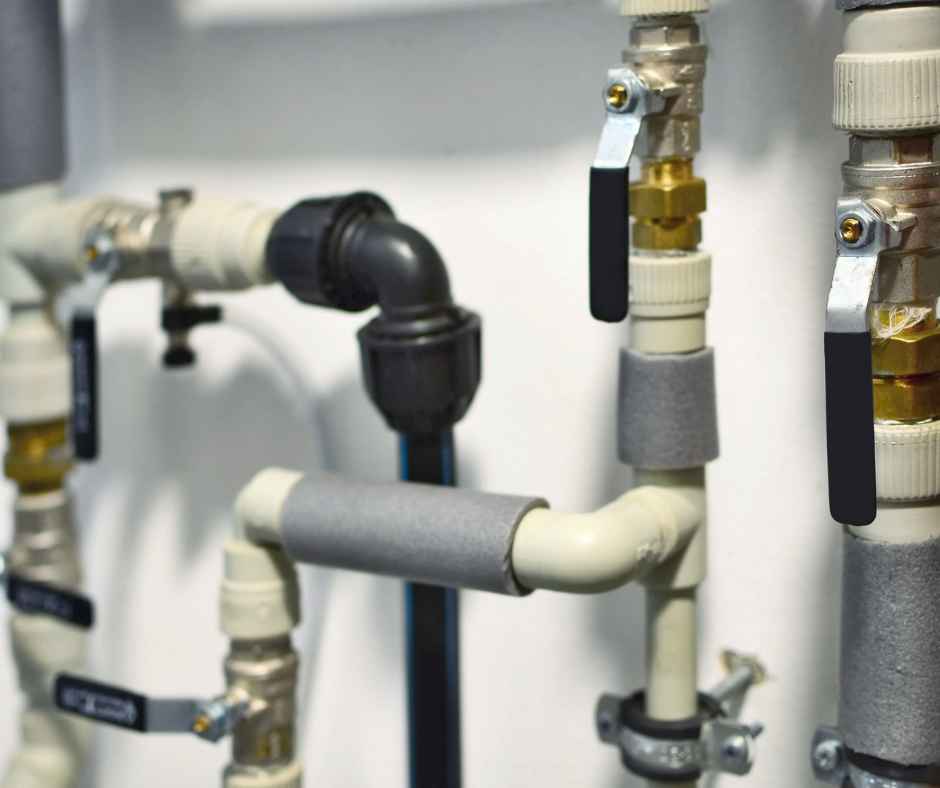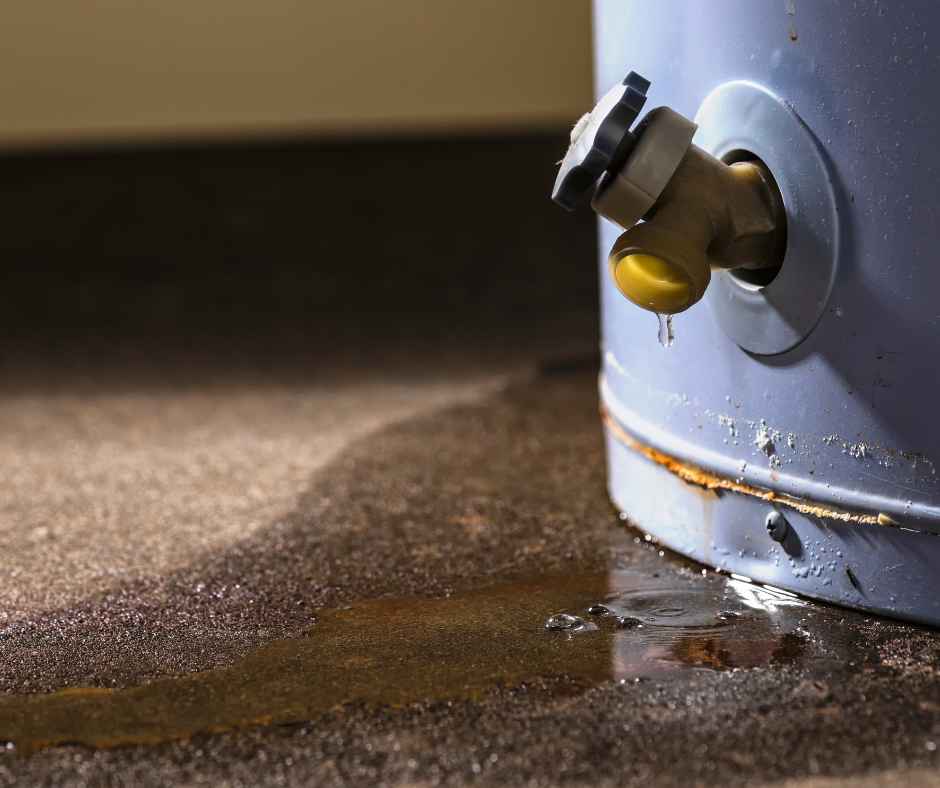Serving Douglas County & The Surrounding Areas

Which is better? Tankless or Storage Water Heater?
Tankless water heaters are becoming more popular as people become more interested in conserving energy and saving money. But are they the best option? Here is a look at the pros and cons of tankless vs. storage water heaters.
Tankless water heaters have several advantages over storage tank heaters. First, they are more efficient since they only heat the water, taking less space. They can be a good choice for homes that don’t use a lot of hot water since they can be more expensive than storage tank heaters. Finally, they require more maintenance since coils must be cleaned regularly to prevent clogging.
Storage tank water heaters have some advantages over tankless water heaters as well. They are less expensive to install and typically require less maintenance. They are also a good choice for homes that use a lot of hot water since they can be more efficient to operate than tankless water heaters.
If you’re considering a new water heater, be sure to factor in the installation cost and the size of the unit. Also, choose a model that is sized correctly for your home’s hot water needs.
How does a traditional water heater work?
A traditional water heater stores hot water in a tank, which is then used to heat cold water as it is needed.
A traditional water heater, or storage tank water heater, heats water in a tank and then delivers it when needed. The tank can be electric or gas-powered and generally holds anywhere from 20 to 80 gallons of water.
When the tank is complete, the water is heated until it reaches a preset temperature; the thermostat shuts off the heating element once it’s hot. The water is then delivered to fixtures throughout your home as you use it.
If you don’t use all the heated water, it will stay in the tank until you need it. However, this system can be less efficient than tankless water heaters since it takes energy to keep the water warm even when it’s not being used. Traditional water heaters also take up more space than tankless water heaters.
Pros and Cons of storage tank heaters
Storage tank water heaters are the more traditional option for water heating. Storage tank water heaters come in both electric and gas varieties.
Pros:
- Storage tank water heaters are less expensive to install than tankless water heaters.
- They typically require less maintenance than tankless water heaters.
- They are a good choice for homes that use a lot of hot water since they can be more efficient to operate than tankless water heaters.
Cons:
- One downside of storage tank water heaters is that they take up more space than tankless water heaters.
- They can also be less energy-efficient if they aren’t adequately insulated.
Traditional water heaters are more affordable than tankless water heaters, typically requiring less maintenance. They are also a good choice for homes that use hot water. However, they take up more space than tankless water heaters and can be less energy-efficient if they aren’t insulated properly. If you’re considering a new water heater, be sure to factor in the installation cost and the size of the unit.
What is a tankless water heater, and how does it work?
A tankless water heater is a type of water heater that, as the name suggests, does not use a storage tank. Instead of continuously heating water, it only heats it when needed. This can save energy and money. Tankless water heaters come in two main types: gas and electric.
Gas tankless water heaters work by burning natural gas or propane to create heat. The heat is then used to warm up the water passing through the unit. Electric tankless water heaters work by using electricity to create heat. They usually have a higher upfront cost than gas tankless water heaters, but they can be more efficient in the long run.
Pros and Cons of tankless heaters
There are several pros and cons when deciding if a tankless water heater is right for you.
Pros:
- Tankless water heaters can save you money on your energy bill because they only heat water when you need it rather than constantly reheating stored water.
- They can also save space because they are much smaller than storage tank water heaters.
- Tankless water heaters have a longer lifespan than storage tank water heaters, so you won’t have to replace them often.
- They also provide a nearly endless hot water supply, so you never worry about running out.
Cons:
- They can be more expensive upfront than storage tank water heaters.
- They also require more maintenance and care than storage tank water heaters.
Most people are familiar with the traditional storage-tank water heater. The big tank sits in your basement and heats a water tank, which is stored until you need it. Tankless water heaters are a newer technology that is quickly gaining popularity because they are more energy-efficient than storage tank water heaters.
Tankless water heaters only heat water when needed, saving energy and money on your utility bill. They also have a longer lifespan than traditional water heaters, so you won’t have to replace them often. So if you’re looking for a more efficient and longer-lasting water heater, a tankless water heater may be the right choice.
Which type of water heater is right for you?
When deciding whether to go with a tankless or storage tank water heater, there are a few things you need to consider.
-How much hot water do you use daily? If you have a high demand for hot water, then a tankless water heater might be unable to keep up.
-How much space do you have? Tankless water heaters are much smaller than storage tank water heaters, so tankless might be the way to go if space is an issue.
-What is your budget? Tankless water heaters can be more expensive up front, but they will save you money in the long run.
-Are you willing to do the required maintenance? For example, tankless water heaters require more maintenance than storage tank water heaters, so if you’re not up for it, a storage tank might be a better option.
Weighing the pros and cons of tankless vs. storage water heaters will help you decide which type is right for you.
As the name suggests, a tankless water heater doesn’t have a storage tank. Instead, it heats water on demand, which means that you can save money on your energy bill. The downside is that tankless water heaters can have a higher initial cost, and they might not be able to meet the demands of a large household.
On the other hand, a storage water heater is more affordable upfront and can provide a steady hot water supply. However, it is less energy-efficient than a tankless water heater, so you might see an increase in your energy bill.
Weighing the pros and cons of tankless vs. storage water heaters will help you decide which type is right for you. If you have any further questions, our team of experts at Patriot Pros Plumbing and Heating is here to help. So give us a call today!
Choose the right fit for your home and family.
The pros and cons of tankless versus stored heat water comparisons can be difficult to compare due to the different considerations that each type must address. For example, one significant difference is how long it takes for hot water in either situation. While they both have an immediate effect on demand (the more people using them), tanks will typically provide much greater peaks during bursts than those offered by stovetops or other devices where you need instant satisfaction at all times.
This means if your family uses lots of bathroom sinks throughout the day, then this might matter less than others because most houses don’t require that everyone be in there at the same time. Tankless models are better for those types of usage but often don’t have the consistent temperature or flow rate that some people demand, so it’s essential to research before making a purchase.
The bottom line is that there is no one perfect answer – it depends on your specific needs and preferences. So do some research, talk to your neighbors, and read reviews on your friendly neighborhood plumbing professional before deciding which type of water heater is best for you!
So, which type of water heater is right for you? It depends on a few factors: your budget, your home’s hot water needs, and your preference for efficiency over initial cost. If you’re unsure which type of water heater is best for you, contact a Colorado Plumbing and Heating professional to help you decide.

